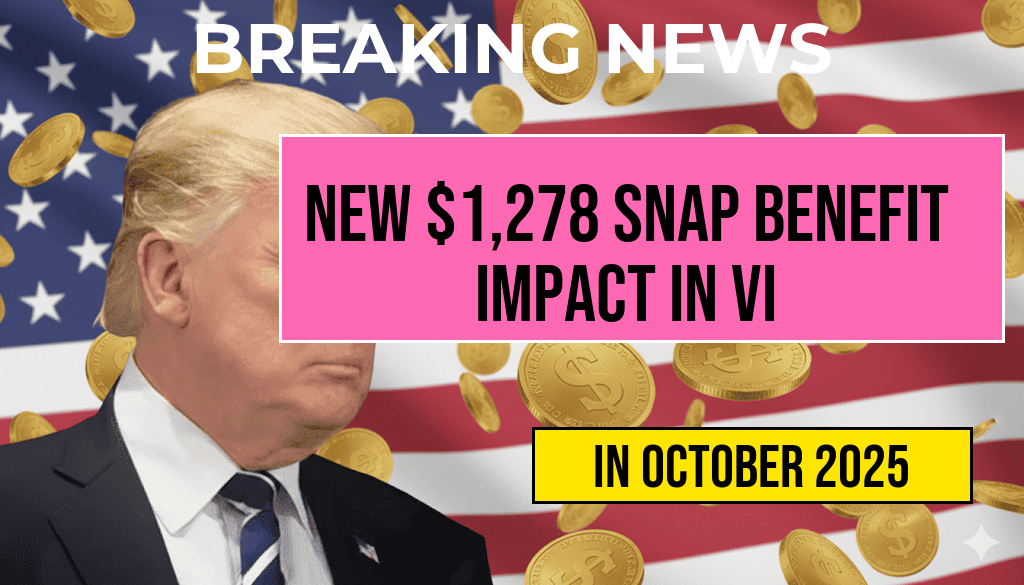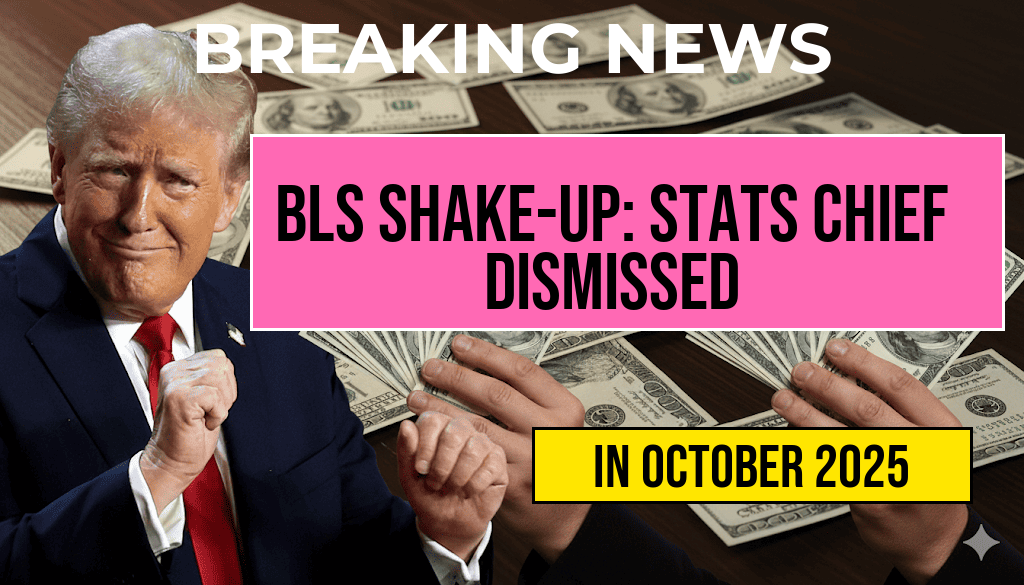In a significant move that is reshaping the financial landscape, major U.S. banks, including Bank of America (BofA), have announced an increase in their minimum wage to $25 an hour. This decision, which aims to attract and retain talent in a competitive job market, is exerting mounting pressure on other financial institutions to match or exceed this wage increase. As the labor market continues to tighten, the shift signifies a broader trend towards improving employee compensation across the industry. BofA’s announcement comes amid rising inflation and a growing focus on fair wages, prompting discussions on how financial firms will respond to this wage benchmark.
Details of the Wage Increase
Bank of America’s wage increase is set to take effect in the coming months and applies to all employees, including entry-level positions. This change reflects a growing recognition of the need for financial institutions to offer competitive pay to attract a skilled workforce. The bank aims to have the new wage structure fully implemented by mid-2024, a timeline that aligns with its broader strategy to enhance employee satisfaction and retention.
Impact on Employees and the Industry
The decision to raise the minimum wage to $25 an hour is expected to have several implications:
- Increased Employee Satisfaction: Higher wages are likely to lead to improved job satisfaction among employees. This move not only benefits workers financially but also enhances their loyalty and productivity.
- Competitive Pressure: Other banks and financial institutions may feel compelled to follow suit in order to remain competitive in attracting talent. This could lead to a ripple effect across the industry.
- Potential for Wage Inflation: As banks increase their minimum wages, there could be a broader impact on wage expectations in the labor market, influencing other sectors to consider similar adjustments.
Responses from Other Financial Institutions
The response from other major banks has been varied. While some institutions have yet to announce similar wage increases, analysts are closely monitoring the situation. Companies like JPMorgan Chase and Citigroup are under pressure to reevaluate their pay structures. Analysts speculate that failing to raise wages in response to BofA’s move could lead to talent shortages as prospective employees flock to firms offering better compensation.
Broader Economic Context
The timing of Bank of America’s wage hike coincides with a broader economic context characterized by rising inflation and a tight labor market. Many sectors are experiencing labor shortages, prompting companies to reconsider their compensation strategies. In particular, the financial sector has faced challenges in attracting talent due to competition from technology firms and startups that offer remote work options and flexible hours.
Long-Term Implications
The long-term implications of these wage increases could extend beyond employee satisfaction and retention. Increases in minimum wage may lead to adjustments in the way financial firms operate, including potential shifts in pricing strategies and service offerings. As banks allocate more resources toward employee compensation, there may be less flexibility in other areas, such as operational costs and investments.
Stakeholder Reactions
Stakeholders, including shareholders and financial analysts, have expressed mixed feelings regarding the wage increase. Some view it as a necessary step towards creating a more equitable workplace, while others raise concerns about the impact on profit margins. Financial analysts suggest that while the immediate cost may be higher, the long-term benefits of a satisfied and stable workforce could outweigh these concerns.
Conclusion: A Shift in the Banking Landscape
Bank of America’s decision to raise its minimum wage to $25 an hour marks a pivotal moment in the banking industry. As the labor market evolves, this move may set a new standard for employee compensation in finance, prompting a reevaluation of wage structures across the sector. Other banks will need to carefully assess their responses to remain competitive in attracting and retaining top talent. The outcome of this wage increase will likely influence not only the banking sector but could also have broader implications for labor practices in various industries.
For more details on Bank of America’s policies, visit Bank of America. For insights into wage trends, refer to Forbes.
Frequently Asked Questions
What is the new minimum wage set by Bank of America?
The new minimum wage set by Bank of America is $25 an hour, reflecting the bank’s commitment to enhancing employee compensation.
How are other banks responding to Bank of America’s wage increase?
The wage increase at Bank of America is putting pressure on competitors to raise their minimum wages as well, in order to attract and retain talent in a competitive labor market.
What factors contributed to Bank of America’s decision to raise wages?
Bank of America cited the need to stay competitive in attracting skilled workers and the rising cost of living as key factors behind their decision to raise wages to $25 an hour.
When will the new minimum wage take effect at Bank of America?
The new minimum wage of $25 an hour at Bank of America is expected to take effect in the coming months, although specific dates may vary based on location and role.
How does this wage increase impact employees at Bank of America?
This wage increase positively impacts employees by providing them with a higher base pay, which can improve overall job satisfaction and financial stability for those earning the new minimum wage.








